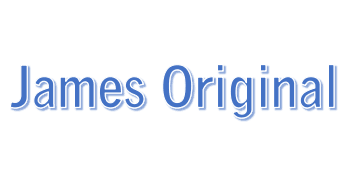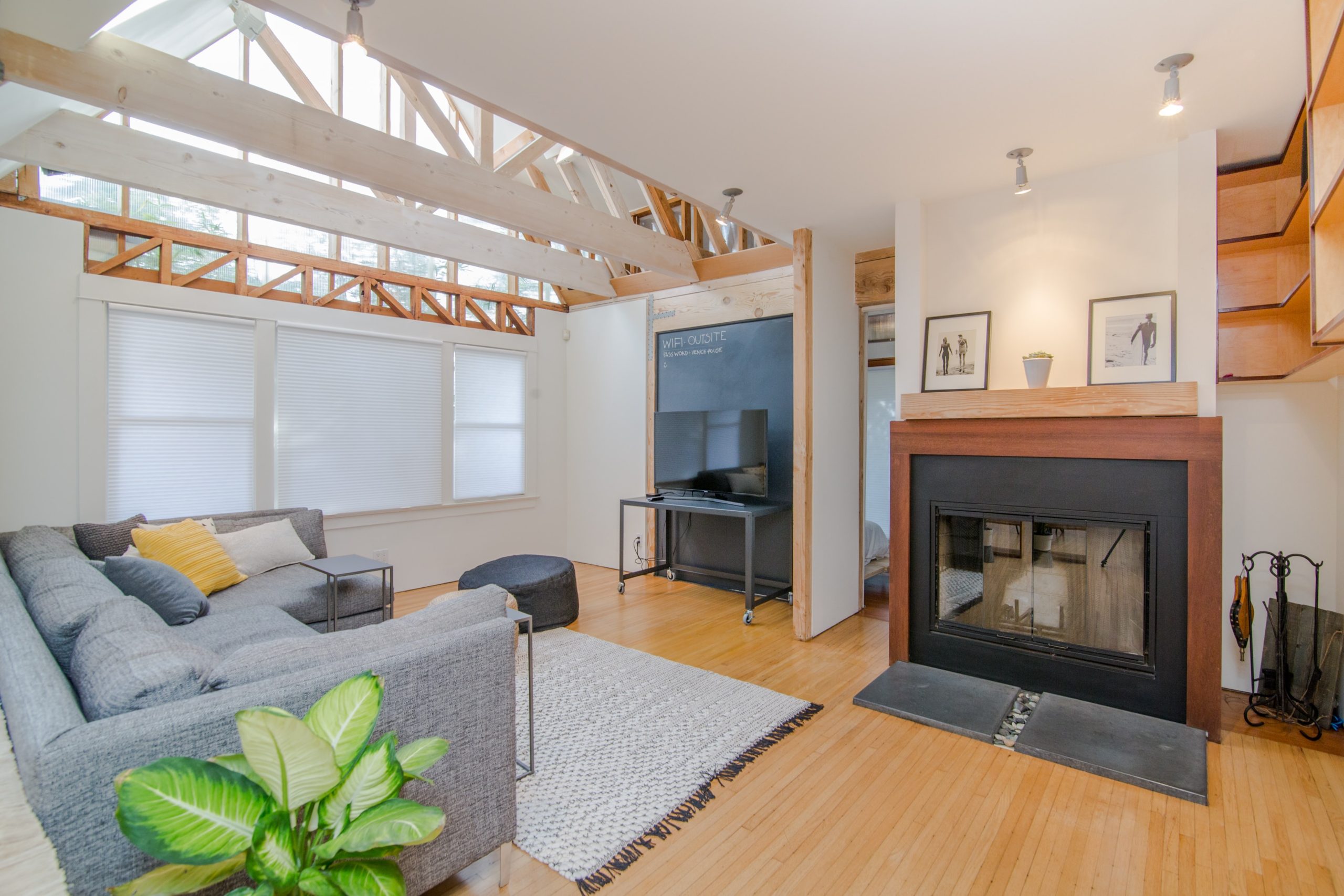 Here 30-year or 15-year loans mean 30-year or 15-year fixed rate mortgage as these two are the most popular residential mortgage loan products.
Here 30-year or 15-year loans mean 30-year or 15-year fixed rate mortgage as these two are the most popular residential mortgage loan products.
A very common question that I usually get from clients or friends is “which loan program should I choose, a 15-year fixed or 30-year, and why?” Here’s my opinion on that topic:
Let’s take a look at an investment single-family residence purchase case with a sales price of $250,000 and a 25% down payment, which makes the loan amount equal to $187,500. We assume the buyer/borrower has an A+ credit score, stable and strong income, enough assets to satisfy the lender’s underwriting guidelines and also qualifies both 15 and 30-year fixed rate mortgages. As of the market of May 2nd, 2019, we can offer a 4.5% rate for a 30-year mortgage and 4.125% for a 15-year mortgage with the same origination fee. By using any online mortgage calculator, you can get monthly payments (principal and interest) of $1013.37 for the 30-year and $1491.94 for the 15-year. Total payments will be $364,813.83 for 30 years and $268,548.05 for 15 years. Let’s say the borrower doesn’t pay any extra or any late fees; it looks like 15-year program is saving a lot of money, right? The total payment difference is $364813.83 – $268548.05 = $96265.78. If we look at the total interest paid for the first year, we will get $8934 for the 30-year program and $8065.39 for the 15-year. It appears that the 15-year still saves money, correct?
Now, how about we look at it from two different aspects?
First, instead of paying $1492 per month, we choose the 30-year loan and pay $1013, and invest the monthly payment difference of $479 ($1492-$1013) into bonds, mutual funds, annuities or some kind of life insurance. We assume the annual return is 5.5%; with 15 years of monthly investment in the amount of $479, you will have $134,131 in the end of the 15th year. By that time, how much principal balance is left for the 30-year mortgage we chose? The answer is $132,468.12. If we then use the investment return to pay off the mortgage, we will have $134,131-$132,468=$1663 left. Here we didn’t take the tax rate or inflation into consideration. Actually, most people can get tax benefit for mortgage interest payments and will need to pay tax on investment returns. The actual result is in fact going to be different and more complicated, but the main idea here is if you know a route of investment that has an annual return of at least 5.5%, the 30-year fixed rate mortgage is likely to be a better choice. For the past 15 years, the S&P average yearly return is about 7%, so if we invest $479 every month in the S&P 500 index fund, after 15 years, the total assets should be around $152,710. After paying off the mortgage, we will still have about $20,000 left.
Secondly, if you are interested in purchasing multiple investment properties with mortgages, the debt-to-income ratio is very important for you to be approved for loans. Mortgage lenders use cash flow (not profit/loss) to calculate a borrower’s debt-to-income ratio, and obviously properties with a 30-year mortgage will have a better cash-flow ratio than properties with a 15-year. So by choosing a 30-year fixed mortgage, a borrower will have better capability to get approved for more loans.
When the economy turns downwards, rental properties run the risk of having lower rent, and a property owner might lose their job. If there’s no cash flow on investment properties, there will be a risk of losing the property when the owner is unable to make monthly payments for the mortgage, tax, insurance and/or HOA fees and the house might sell for less during such time as well. Even though we know, by studying the history of such events, that the house price will recover one day, we still need to be prepared for such situations. Keeping a better cash flow will make the investment safer.
Above is just my personal opinion and should not be used as investment advice. I have a series of articles about having an annual return of 20% on real estate investments that you may read through, and I welcome you to share your opinions with me. You could join my LinkedIn: https://www.linkedin.com/in/james-wu-53583228/ and join my group: https://www.linkedin.com/groups/12026009, or contact me by text at (512) 785-3841.




